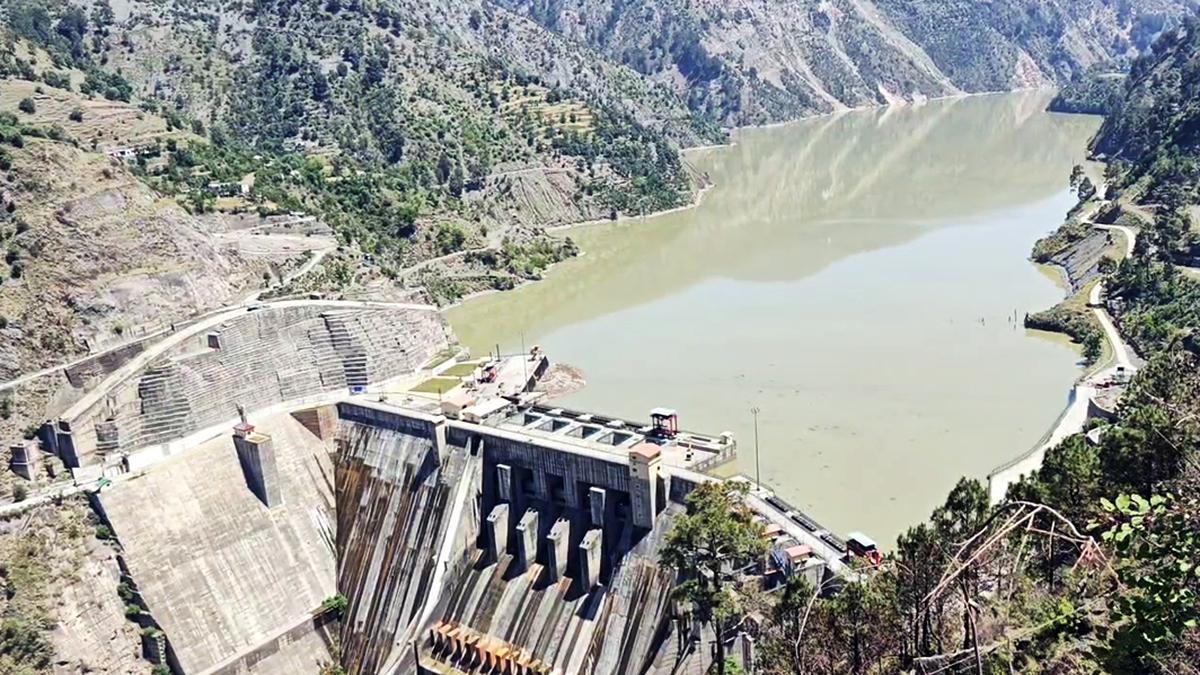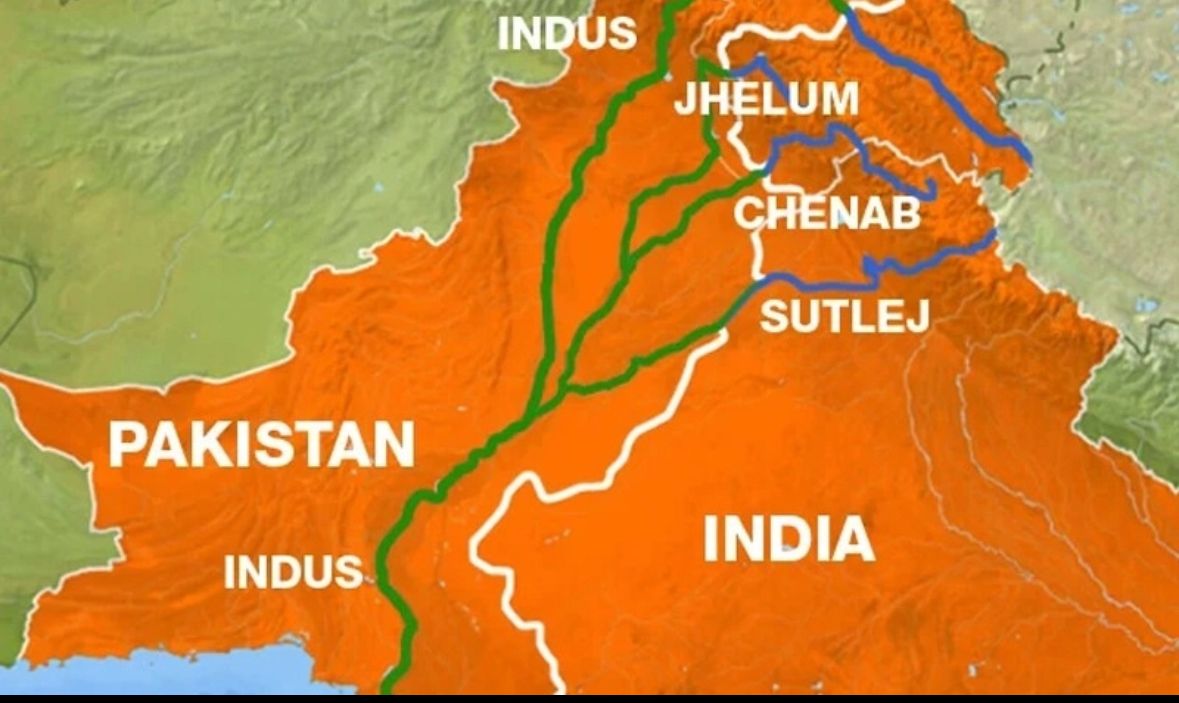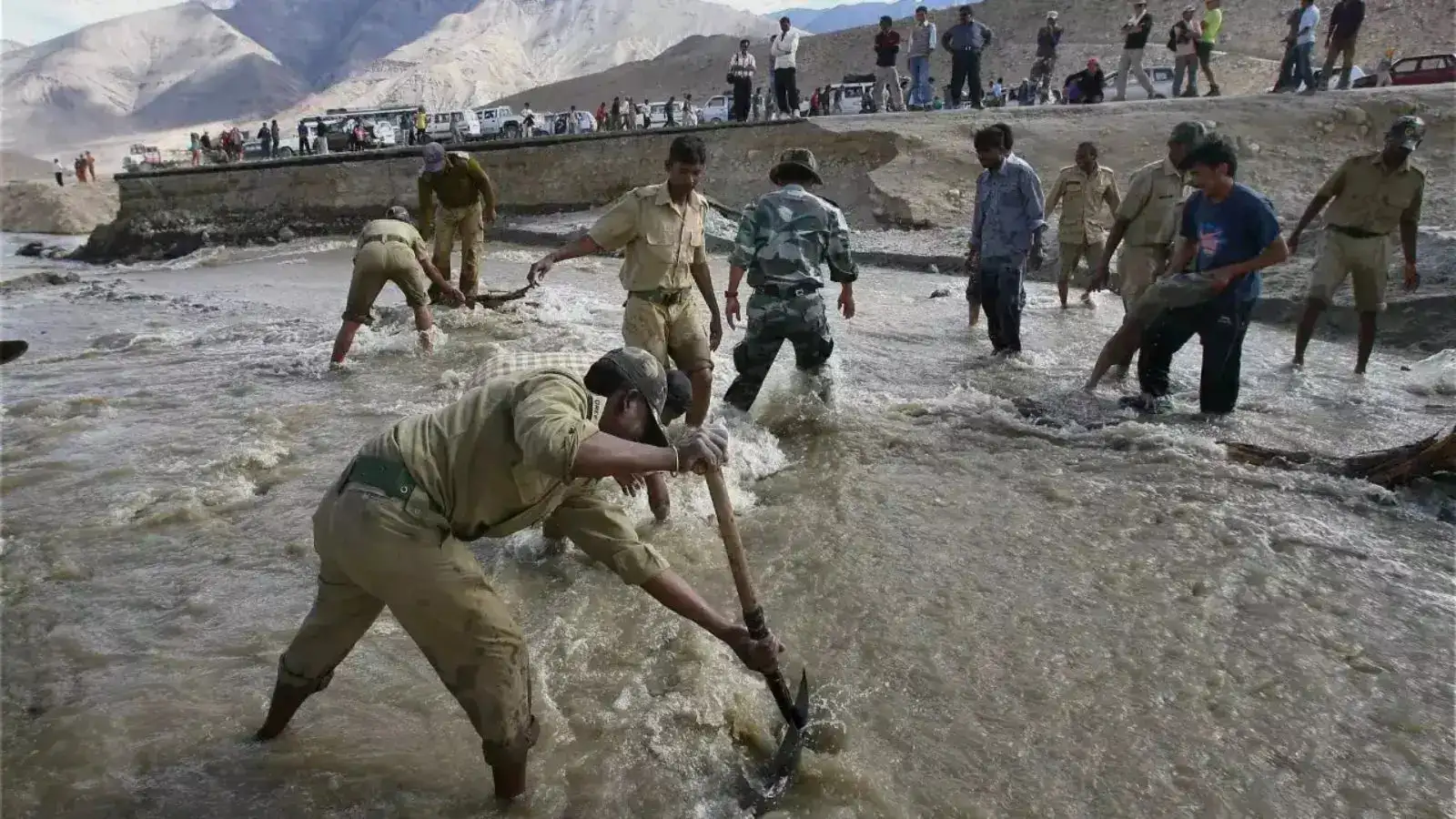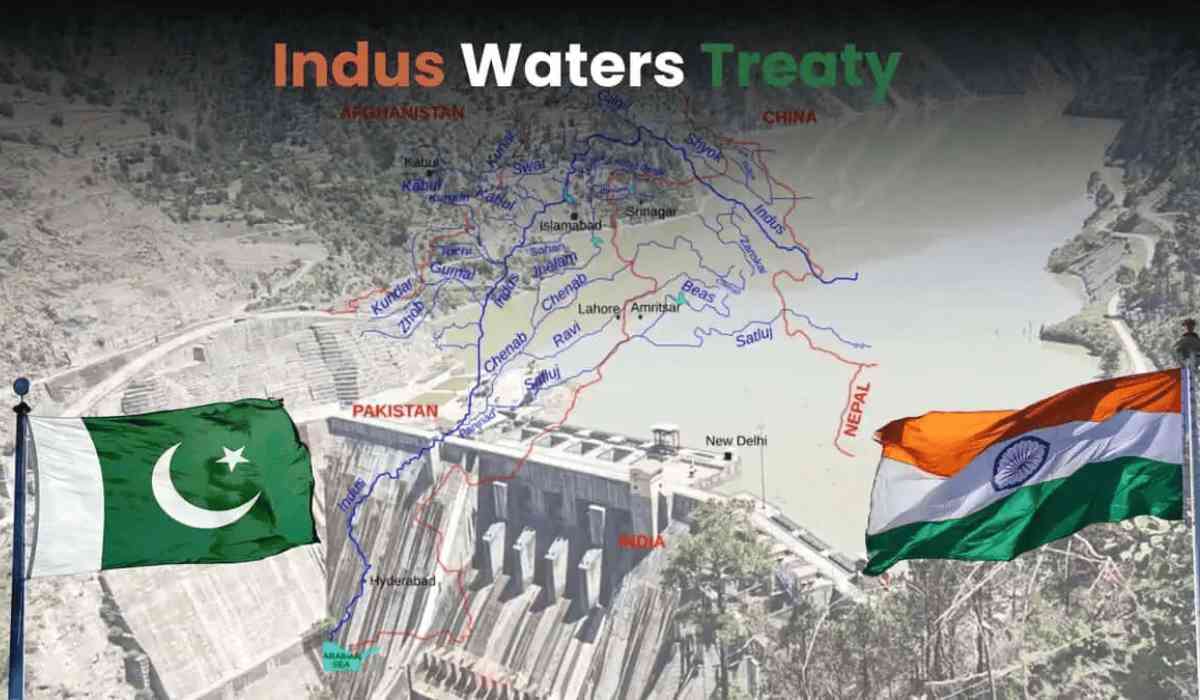In the aftermath of the brutal Pahalgam terror attack that claimed the lives of 26 Indian tourists, India has suspended the Indus Waters Treaty (IWT)—a landmark 1960 agreement that governs water-sharing between India and Pakistan. The move has prompted a sharp response from Islamabad, which has formally appealed to New Delhi to reconsider what it calls a "unilateral and illegal" decision that jeopardizes millions of lives in Pakistan.

Background: The Indus Waters Treaty
Signed in 1960 by Indian Prime Minister Jawaharlal Nehru and Pakistan President Ayub Khan, and brokered by the World Bank, the Indus Waters Treaty governs the use and distribution of the Indus River system between the two nations.
-
India was granted control over the three eastern rivers: Ravi, Beas, and Sutlej.
-
Pakistan received rights to the three western rivers: Indus, Chenab, and Jhelum.
-
The Indus River system is vital to both countries, with the Indus, Jhelum, and Chenab flowing into Pakistan, making it the lower riparian state.
The treaty is often hailed as a rare example of India-Pakistan cooperation, having withstood wars and conflicts over the decades. However, it is now under strain like never before.
India’s Decision to Suspend the Treaty
On April 23, following the devastating terrorist attack in Pahalgam, Jammu and Kashmir, the Cabinet Committee on Security (CCS) chaired by Prime Minister Narendra Modi decided to put the treaty in abeyance. India cited Pakistan’s continued harboring of terrorism—specifically, evidence linking the Pahalgam attackers to Lashkar-e-Taiba and Pakistani nationals—as justification.
Government officials emphasized that "blood and water cannot flow together," echoing PM Modi’s firm stance that terrorism negates the spirit of any bilateral cooperation.
“The treaty was negotiated in a spirit of goodwill and good neighbourliness. That is why we persisted with it despite the fact that it was flawed and loaded against India. However, Pakistan’s refusal to rein in the terrorists has knocked the very premise underpinning the treaty,” a senior Indian official told TOI.

Strategic Hydropower Activity and Downstream Impact
In the days following the suspension, India undertook flushing and desilting operations at the Baglihar and Salal hydropower projects located on the Chenab River in Jammu and Kashmir. These maintenance activities caused irregular water flows downstream, adding to Pakistan's woes—particularly ahead of the critical sowing season.
India, no longer bound by the data-sharing obligations of the treaty, did not notify Pakistan of these actions. As a result, Pakistan is now experiencing a disruption in irrigation planning and water availability, which it says could lead to a domestic agricultural crisis.
Pakistan’s Appeal: "Unilateral and Illegal"
Amid growing fears of a water crisis, Pakistan’s Ministry of Water Resources formally appealed to India to resume river flows governed by the IWT. The appeal was conveyed through a letter from Secretary Syed Ali Murtaza to India’s Jal Shakti Ministry Secretary, Debashree Mukherjee.
In the letter, Pakistan described the suspension as:
-
“Unilateral and illegal”
-
“Equivalent to an attack on the people of Pakistan and its economy”
Pakistan warned that the disruption of the Indus river system could "trigger a crisis within Pakistan" and called for immediate reconsideration.

Letter Delivered During Operation Sindoor
Sources told Times of India that the letter was delivered while Operation Sindoor was underway. The operation, launched by India on May 7, involved precision strikes on nine terror camps in Pakistan. The offensive lasted three days and concluded with a mutual ceasefire agreement between the two nations.
Despite the ceasefire, Indian sources made it clear that Pakistan’s letter would "have no effect" on the CCS decision.
India's Legal and Strategic Justification
India maintains that its decision is within its rights, pointing to two critical factors:
-
"Change of Circumstances" Clause: The growing threat of cross-border terrorism justifies a reevaluation of treaties signed under earlier, peaceful assumptions.
-
Climate Change and Infrastructure Modernization: The need to upgrade dams and water infrastructure in response to environmental and climatic changes also meets the treaty’s conditions for revision.
India has also argued that the treaty’s original design is outdated and increasingly "flawed and loaded against India."
Will the World Bank Intervene?
The World Bank, which facilitated the original treaty, has been the subject of speculation regarding a potential mediation role. However, World Bank President Ajay Banga clarified during a recent visit to India:
“We have no role to play beyond a facilitator. There’s a lot of speculation in the media about how the World Bank will step in & fix the problem but it’s all bunk.”
This effectively rules out any external arbitration in the near term and places the onus of resolution squarely on India and Pakistan.
A Water Crisis in the Making?
With India standing firm on its decision and Pakistan warning of a potential humanitarian and economic crisis, the future of the Indus Waters Treaty hangs in the balance. While the ceasefire may have halted immediate military escalations, the diplomatic and ecological fallout from the treaty suspension continues to unfold.
What began as a strategic retaliation following a terror attack now threatens to escalate into a broader crisis—testing not just bilateral relations but also the sustainability of water-sharing agreements in an age of terrorism and climate change.
With inputs from agencies
Image Source: Multiple agencies
© Copyright 2025. All Rights Reserved Powered by Vygr Media.






















